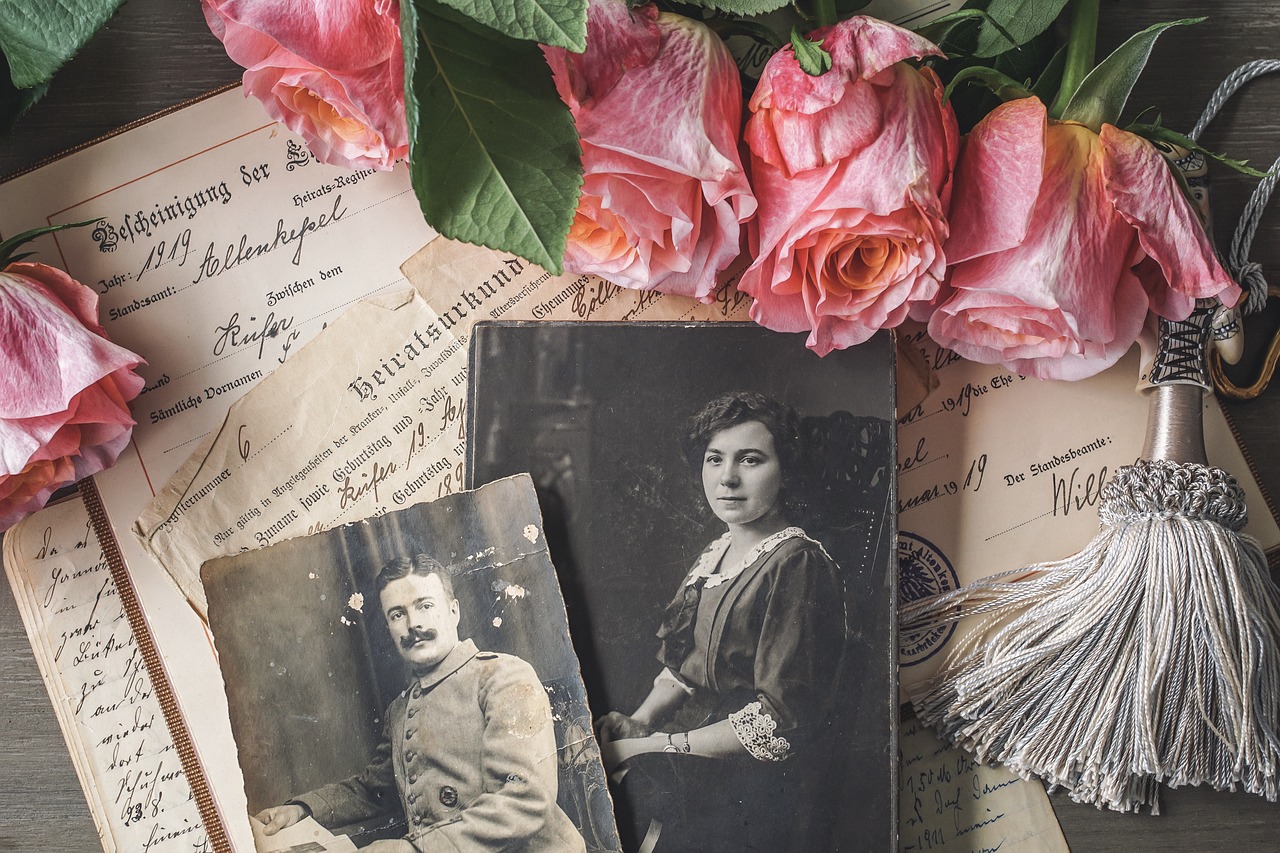My parents recently visited my uncle. He’s not been very well of late, and living alone and without any children, he expressed concern over what might happen to some of the things in his home were he to die or to move into care. Foremost in his mind was his pride and joy – the pile of paper records tracing the family tree. He didn’t want anyone just throwing the papers away without realising what they were, so he gave them to my parents, knowing this would keep them safe in the family.
I remember seeing some of his work on the family tree a few years back. At the time, he was quite involved in researching the story of a person he had discovered who the family had never mentioned – an additional great-uncle of his (I think) whose existence had been covered up, or so it appeared. It will be interesting to see where he got with his investigation – not only to find out about the mystery man, but also to see how far back my family roots have been traced. Hopefully my uncle has written down all the stories along with the names!
Occasionally, I get contacted by people who are tracing their family trees. One of the most recent was an enquiry related to the grave, in Hunsdon churchyard, of Abraham Wharley, who died in 1723. Mr Wharley’s family were wealthy landowners in Hunsdon. The inscription on his tomb suggests he was a thoroughly decent bloke. I personally found it fascinating to learn that his mother, because of her strong Quaker faith, had refused to have him baptised in the parish church, and was then disappointed when he chose, at the age of 22, to be baptised himself. There’s a bit more of the story on the Hunsdon Church history website if you are interested – the PCCs are trying, gradually, to improve access to family histories in all three villages so that the stories can be passed on to the next generations.
As part of my work, I spend a fair bit of time with families in their deepest grief. Together, we write brief accounts of the loved ones they have lost and share those stories with wider family and friends at the funerals, but we can never tell the whole story or fully trace the impact those precious lives had on others; invariably, the dead take some memories with them to the grave – whether happy or sad, commendable or lamentable. Quite often, I encounter people whose grief includes an element of regret for not finding out more about their loved one’s life – for not being interested enough in them while they were alive. The singer-songwriter Caroline Arends captures it well, writing about someone who died too soon:
“I would ask you for your stories, and I would tell you mine,
I would give you much more credit; I would take more of your time.
There’s so much I left unspoken: if you were here right now,
I would love you out loud.”
In the busyness of life, maybe we should all be a little more interested in the lives of those around us. And whilst there is a right place for humility and self-restraint, maybe we should also be a little more willing to share our own stories with those who will one day miss us.
May you love your loved ones out loud…
See this link for the Caroline Arends song.
